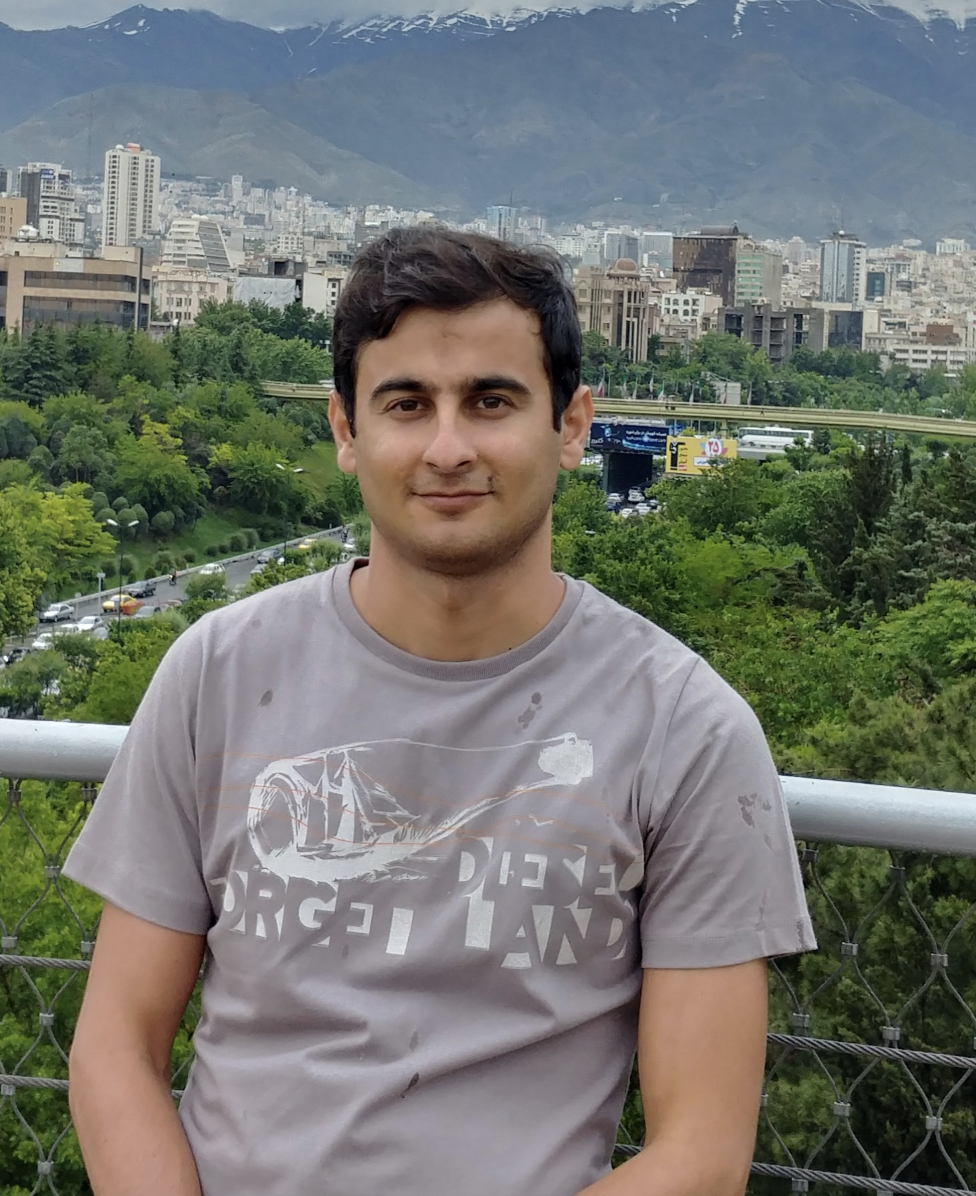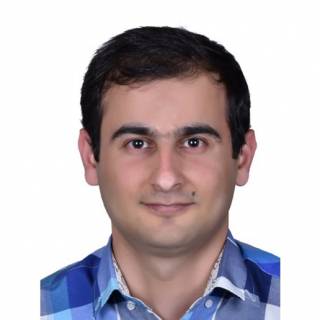 My name is Seyed Ahmad Mirsalari, I have been working in the APROPOS project as a Doctoral Researcher since November 2021. I was born on Feb. 14th, 1994 in Ramhormoz city, Khuzestan province, Iran. I received my B.Sc. in Computer engineering from the Isfahan University of Technology in 2016, and my M.Sc. in Computer Architecture from the University of Tehran in 2020.
My name is Seyed Ahmad Mirsalari, I have been working in the APROPOS project as a Doctoral Researcher since November 2021. I was born on Feb. 14th, 1994 in Ramhormoz city, Khuzestan province, Iran. I received my B.Sc. in Computer engineering from the Isfahan University of Technology in 2016, and my M.Sc. in Computer Architecture from the University of Tehran in 2020.
During my M.Sc education, I mainly focused on solving the challenges of implementing Deep Neural Networks on embedded systems. I also investigated the application of DNN models in Healthcare and image processing. Therefore, I became more familiar with the various types of DNN architectures and their applications in Healthcare and image processing. To the best of my knowledge, in my M.Sc thesis, I have done the first effort to fully binarized LSTM for Healthcare applications. Also, I have proposed novel hardware architectures as an efficient solution to address the problems of high-performance DNNs deployment in resource-limited and time-constrained devices. More specifically, my research was to develop a framework to use approximate computing to improve the efficiency of deep neural networks on FPGA. I have extracted 2 journal papers and 3 conference papers from my research. My research interests include Machine Learning, Embedded Systems, and Neural Networks Hardware Accelerator Design, and Approximate Computing.
Based on my previous experiences, I am motivated to pursue my research area in the field of “Machine Learning for Approximate Computing” as ESR 3. The main focus of the research is the study of variable- and mixed-precision computing techniques to improve energy efficiency. The rationale behind this idea is that a significant decrease in processing accuracy at different parts of the computing chain can drastically reduce power consumption and computing time, which are the two factors composing energy consumption. The goal is to reduce the number of bits required by program variables while respecting bounds on the accuracy of the application output, measured in terms of error ratio w.r.t. the output generated with full precision. The current state-of-the-art is mainly based on iterative methods that repeatedly execute the application with different configurations, exploring the variable precision range through binary search; the process stops when a minimal configuration that respects the target error constraint is found. This process is extremely time-consuming, especially when the number of variables increases. Moreover, different target errors require restarting the solution search from scratch. Approaches based on machine learning (ML) can greatly improve state-of-the-art by leveraging previously collected knowledge that can be integrated into an optimization model capable of making smarter decisions.
Generally, I am grateful to be a part of the APROPOS program. I do feel there are many points in my field that I need to delve into more, and a Ph.D. program can help me fulfill my desires. Moreover, I want to be in an academic atmosphere where I can have the best research opportunities.

